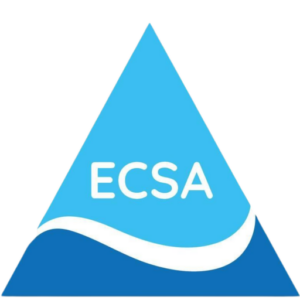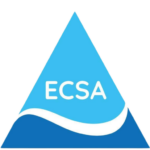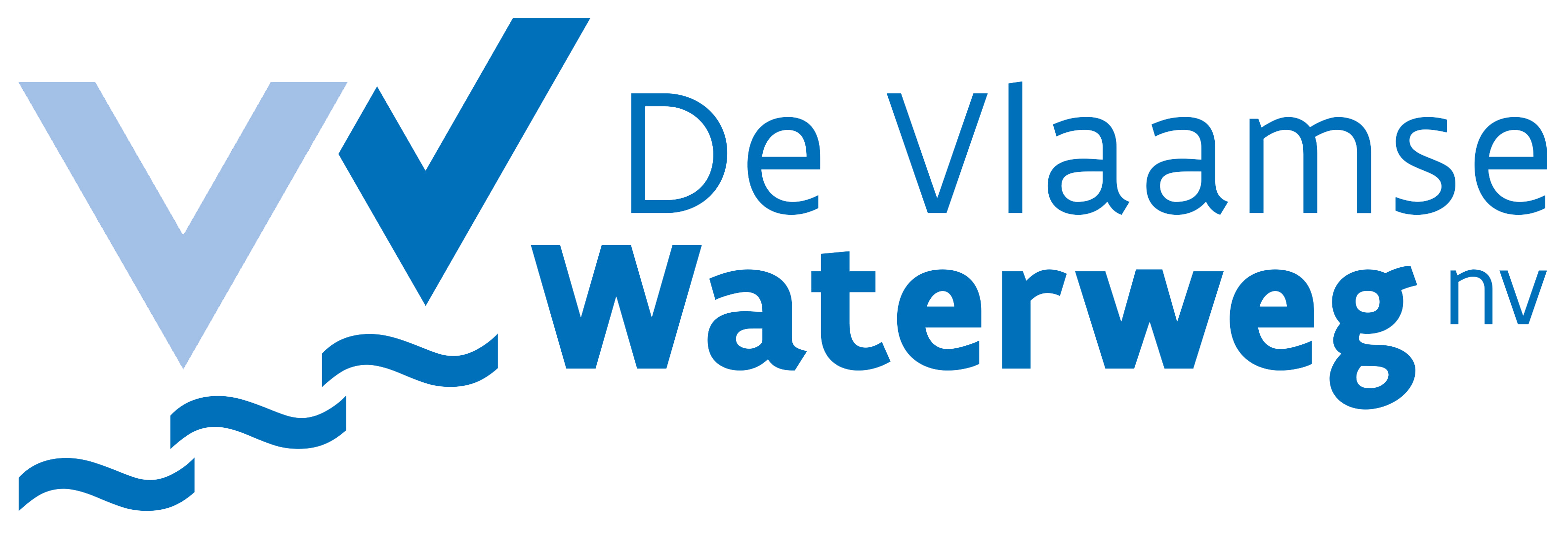Latest news
subscribe here, to receive feeds of the latest news:
Extended deadline abstract submission!
ABSTRACT SUBMISSION IS NOW CLOSED! Hello everyone, Please join us at ECSA’s next Focus meeting Estuarine restoration: from theory to practice, which will take place in Antwerp, Belgium from 19-23 May 2025. We are inviting researchers, practitioners, companies and students to submit their abstracts to contribute to the conference discussions. To achieve this, the deadline […]

Conference registrations are now open!
We are pleased to announce that registrations for the ECSA Focus Meeting 2025, themed “Estuarine Restoration: From Theory to Practice” are officially open! You can register for the conference by clicking here. The conference hopes to provide a platform for scientists, practitioners, policymakers and stakeholders to share research, discuss challenges and collaborate on advances in […]

Abstract Submissions Now Open for ECSA Focus Meeting 2025!
ABSTRACT SUBMISSION IS NOW CLOSED. Thanks for submitting! We are pleased to announce that the call for abstracts is now open for the ECSA Focus Meeting 2025, “Estuarine Restoration: From Theory to Practice,” taking place in Antwerp, Belgium, from 19th to 23rd May 2025. The deadline for submitting your abstracts is the 17th of February […]
Estuarine restoration
How to adapt our estuaries to global change?
Are nature based solutions the Holy Grail?
Estuaries are among the most productive ecosystems delivering many ecosystem services but have suffered greatly from many anthropogenic pressures. In response many measures were taken to restore these systems. Environmental legislation lead to increased water purification and reduction in direct discharges. Nature based solutions are put forward more and more as the answer to these environmental problems and receive attention from both scientist, governments, environmental NGO’s as well as private companies
In this symposium we want to present the results obtained in the Schelde estuary and bring together worldwide experience on estuarine restoration and application of nature based solutions to discuss the scientific, legal and societal challenges of restoring estuaries and developing strategies to adapt our estuaries towards the expected climate change.
The Schelde estuary and
the Sigma plan
The open connection with the sea creates unique tidal nature in the Schelde and its tributaries but also poses challenges. The Sigmaplan, which is implemented by De Vlaamse Waterweg nv and the Agency for Nature and Forests, aims to protect Flanders against floodings and at the same time boost the valuable estuarine nature now and in the future.
Building blocks are a chain of 30 flood control areas, of which many are implemented with a controlled reduced tide, depolderings and remeandering projects, together with more than 700 km of stronger and higher dikes.
The original Sigmaplan, focusing on safety, dates from 1977, but was updated in 2005 aiming at safety and ecology using nature based solutions. Currently a new update is being prepared taking into account more sea level rise and extreme weather events.
Integrated Plan of the Upper Sea Scheldt
The Upper Sea Scheldt (Flanders, Belgium) is a part of the Scheldt estuary which extends from the North-Sea in the Netherlands to the shipping locks in Ghent with a total length of 160 km. Challenges on flood protection and nature development in this unique fresh water estuarine system are addressed in the Sigma-plan. Cumulative effects of i) the autonomous morphological development of the estuary, ii) the further evolution as a consequence of past realignments and dredging works, and iii) sea level rise, result in an increase of tidal dynamics and turbidity which affect both habitat and light climate, and finally disrupt the ecosystem functions.
In order to better understand the system functioning and to prepare for counteracting these undesired evolutions De Vlaamse Waterweg, the waterway manager, has launched a study programme to investigate solutions and to prepare a vision for the future management of the river. An extensive modelling instrument was developed coupling different state of the art modules into one model chain. The developed instrument proved to be highly effective to study (i) the interdependencies between the different river functions which allowed for an integrated analysis and evaluation of potential measures, and (ii) the robustness of the measures for climate change, and allowing the selection of a set of measures providing a desired level of system resilience. As such the results of the study form the backbone for the development of a future vision on estuary management, while the model instrument will continue to be used to study design alternatives and finetune measures for implementation.
Programme
The programme of this conference is uniquely centered around hands-on excursions allowing the participants to explore real-life examples of estuarine restoration in the field.
The excursions provide an immersive experience, showcasing the practical application of nature-based solutions and offering direct insights into the challenges and successes of adapting estuaries to global changes.
Participation fees
| ECSA | €400 |
| Non-ECSA | €450 |
| UA staff & Sponsors | €350 |
| PhD Student | €300 |
Location
Prinsstraat 13, 2000 Antwerp, Belgium. University of Antwerp City Campus
Contact us
Need more info?










